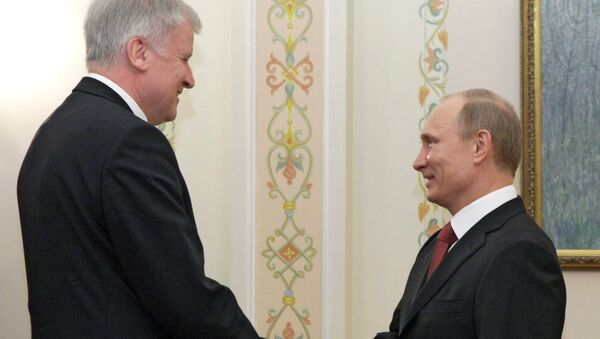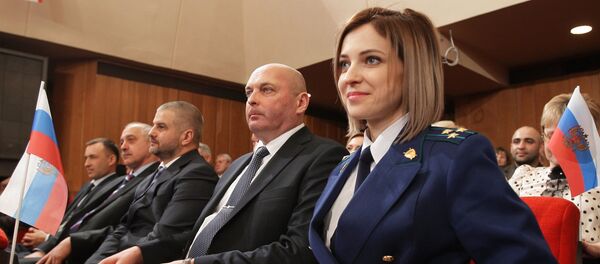However, it didn't prevent his counterpart Thuringia's leader Bodo Ramelow from following his example. Last week Ramelov traveled to Moscow and Kazan, as a part of a delegation of 40 people, the newspaper wrote.
"As many politicians and business representatives as from Germany travel to Moscow from no other European country," the article said.
According to the newspaper, the visit of German MPs to the Moscow State Duma, organized with the support of the German-Russian Forum, was particularly noteworthy. The politicians arrived in Moscow to discuss the difficulties of communication between the West and Russia and contribute to the establishment of a "climate of trust".
The Committee will further contribute to the development of Russian-German trade and economic relations "in spite of all well-known issues", head of the Committee Wolfgang Büchel said, cited by the newspaper.
The anti-Russian sanctions were first implemented in 2014 after Brussels joined Washington in accusing Moscow of fueling the Ukrainian crisis. Russia has repeatedly refuted the allegations and responded with an embargo on food products from the countries that sanctioned it.



